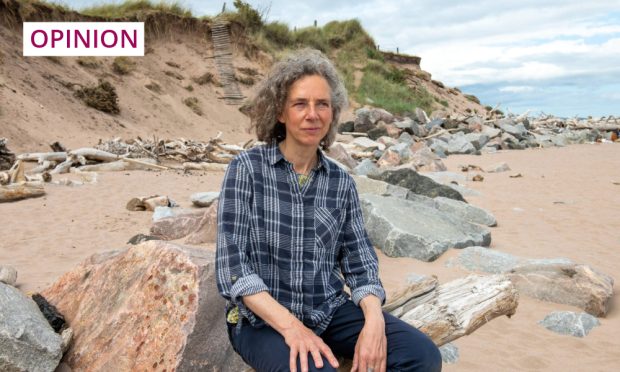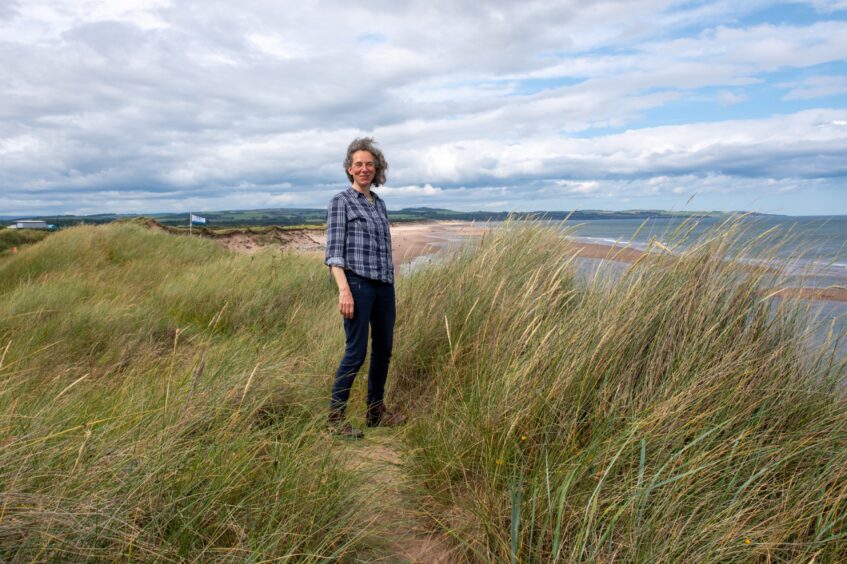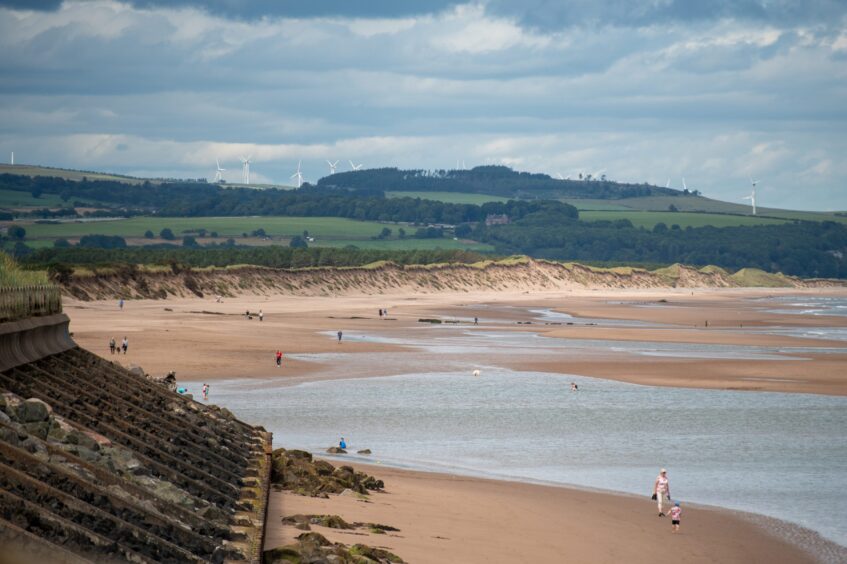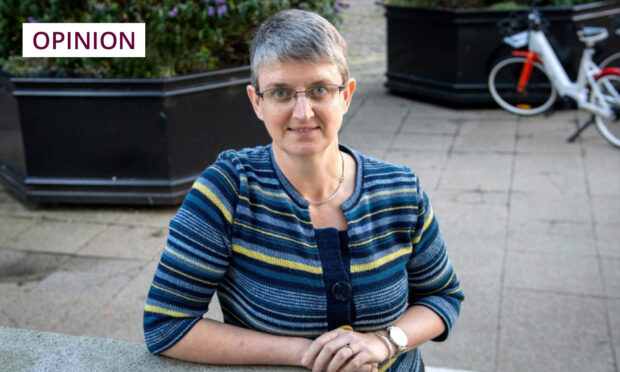A year of getting around Angus without a car takes a bit of patience.
Hundreds of journeys on foot, bike, bus and car share, have taken me to a lot of places and there’s always plenty of time to chat.
On a recent lift to Montrose, I got dropped off at Greggs on the High street before 8am.
It’s busy. Queuing between a mechanic and a dental nurse, I started up my first climate conversation of the day.
Coffee plants don’t cope with the new normal of high temperatures, floods and droughts.
This is a familiar story to my queuing companions.
We share a moment of collective anxiety, as we contemplate life without caffeine.
The mechanic has a something to add, he shares the recent rediscovery of a Highland coffee from Sierra Leone, “it grows better in higher temperatures”.
It turns out that this miraculous coffee plant has its roots in Angus, first described by Forfar botanist George Don in 1834. We nod and relax. It seems our cuppa is safe.
This fleeting chat is one of hundreds I’ve had. Everybody gets it; we have to change how we do just about everything and get to net zero.
Often folk share their ideas and insights on what to do. I am grateful for all of them.
Knowing about climate change in your head is one thing, for many in Angus that knowing has gone much deeper.
Gentle chat, pounding tide
For hundreds of families the record-breaking winter storms unleashed an ongoing tragedy. Lives, homes, jobs, businesses and even landscapes continue to be deeply affected.
Last year, Montrose Links lost seven metres of dunes. Possible flood corridors have been identified.
As I sit in a café, at the highest tide of the decade, I felt it pounding the sea defences a few metres away. This kind of knowing makes you pay attention.
Today, the café chatter, like the waves, is just a gentle murmur, but these deep impacts leave a mark in our minds, our lives and our landscapes.
The climate I grew up with is gone.
What replaces it is altogether less predictable. The cost of living, climate and nature crises are inseparable. These shocks will keep on coming.
The people of Montrose are already speaking up.
Bringing the understanding, lived experience and insights of all kinds of local people to the table is vital to find good ways forward.
If you have ideas and experience to share, get in touch. Angus Climate Hub will be hosting a discussion about erosion of the dunes on the morning of Saturday September 14 at the Montrose LandxSea Film festival.
See you there.
Kate Munro is the co-ordinator of the Angus Climate Hub (angusclimatehub.co.uk) dedicated to supporting more people in Angus to understand, take action and thrive in a changing climate.
The Angus Climate Hub is one of 22 climate hubs across Scotland, supported by the Scottish Government.
In our series on coastal erosion, The Courier is highlighting the dangers of rising sea levels and destructive storms, and demanding councils and government act now before it is too late.













Conversation